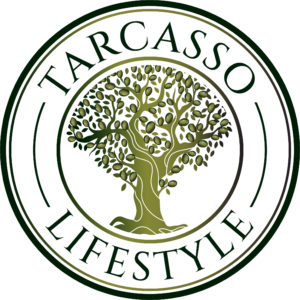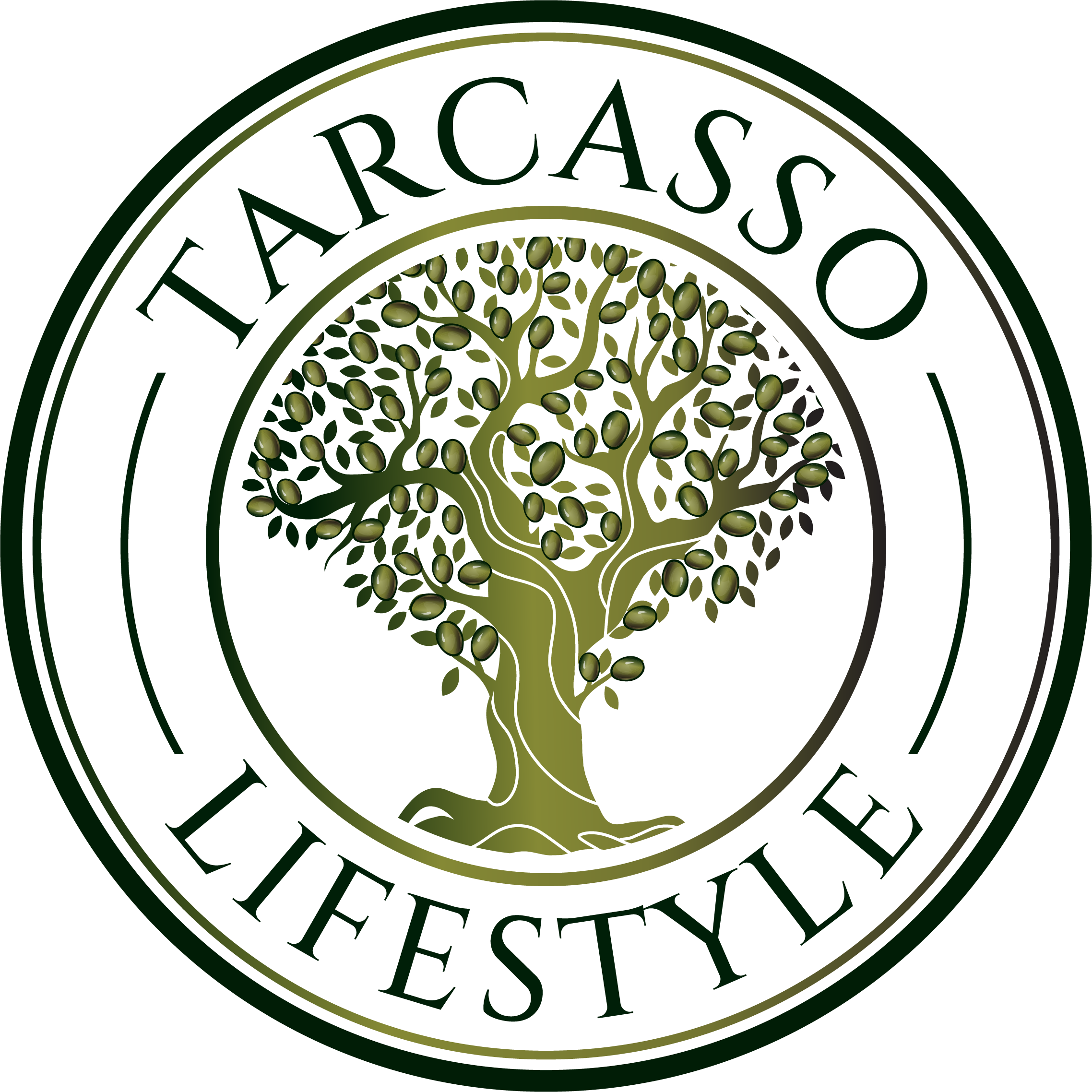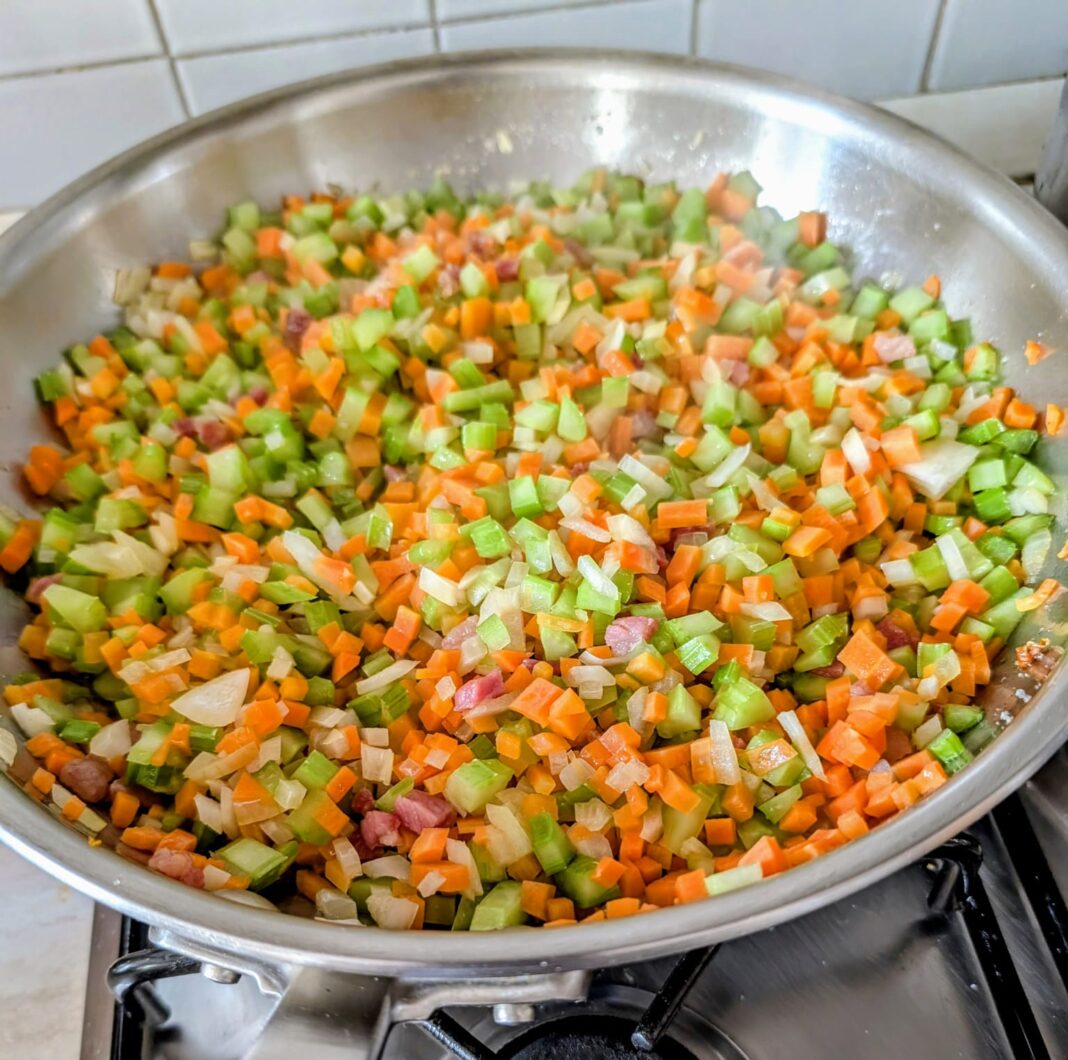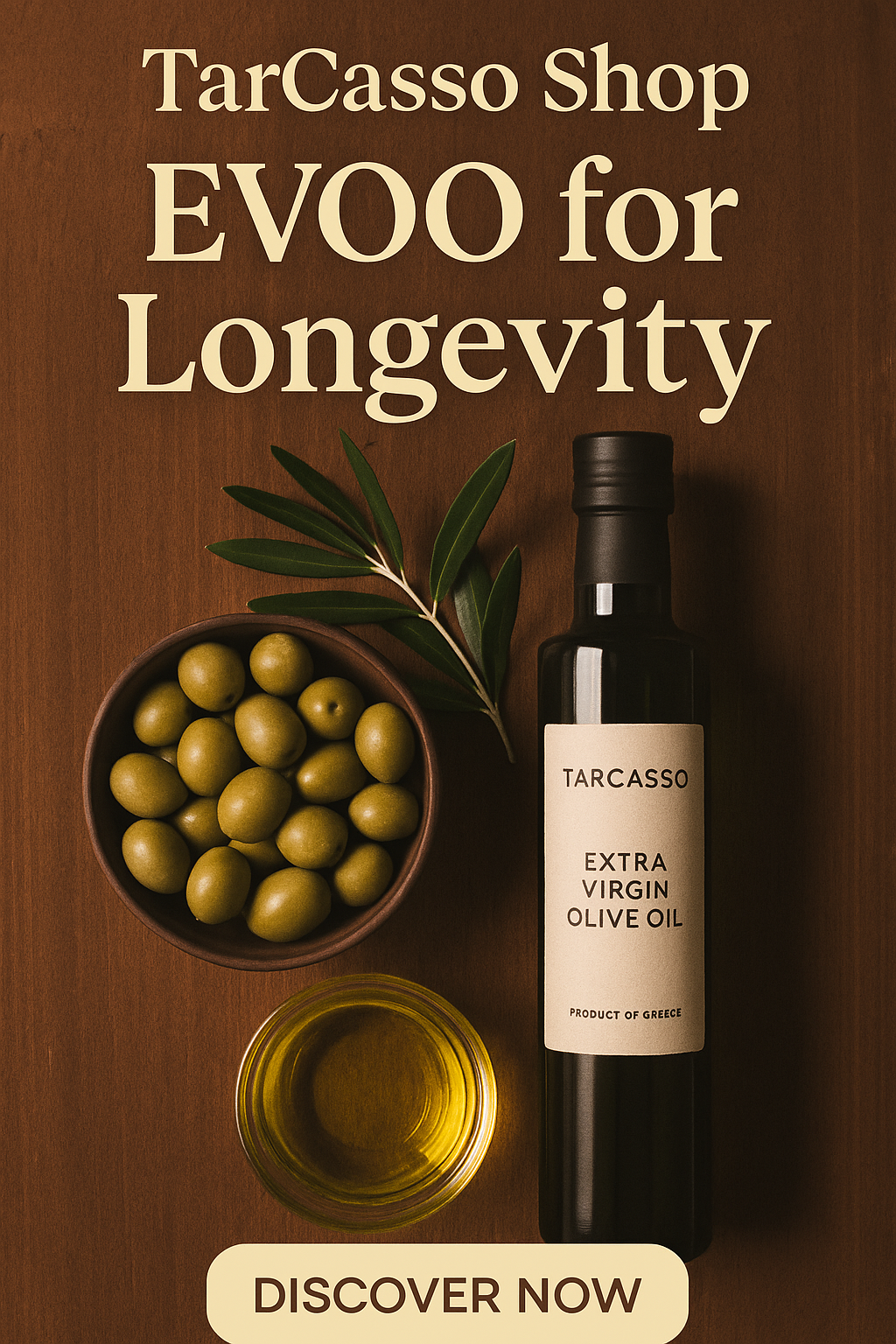The Mediterranean diet is renowned for its health benefits, and a key culinary technique within this tradition—sofrito—has been shown to significantly enhance the availability of polyphenols and carotenoids. A study investigating the sofrito technique, which involves cooking vegetables like tomatoes, onions, and garlic in extra virgin olive oil (EVOO), revealed that this method increases the extractability of these bioactive compounds, making them more bioaccessible and easier to absorb.
The Role of Sofrito in Mediterranean Cuisine
Sofrito is a foundational cooking technique in Mediterranean cuisine, used as a base for many dishes such as sauces, stews, and soups. It typically involves sautéing finely chopped vegetables in EVOO, creating a flavorful and nutrient-rich foundation. This method not only enhances the taste of dishes but also maximizes the health benefits of the ingredients.
Study Findings: Polyphenol and Carotenoid Extractability
The study demonstrated that cooking vegetables in EVOO during the sofrito preparation significantly increases the extractability of polyphenols and carotenoids. Key findings include:
- Polyphenol Migration: Polyphenols such as naringenin, ferulic acid, and quercetin, which are not naturally present in EVOO, migrated from the vegetables to the oil fraction during cooking. This migration enhanced their bioaccessibility, making them easier for the body to absorb.
- Carotenoid Absorption: Carotenoids, which are fat-soluble compounds, were also more effectively extracted and absorbed when cooked with EVOO. This is due to the oil’s ability to dissolve and carry these compounds, increasing their bioavailability.
- Protection from Oxidation: The presence of onions in the sofrito protected polyphenols from oxidation during the cooking process, preserving their antioxidant properties.
Mechanisms Behind Increased Extractability
The study highlighted several mechanisms that contribute to the enhanced extractability of polyphenols and carotenoids:
- Thermal Processing: Cooking breaks down the plant cell walls, releasing bound polyphenols and carotenoids, which are then more easily extracted by EVOO.
- Fat Solubility: Many polyphenols and carotenoids are fat-soluble, meaning they dissolve in oil. EVOO acts as a carrier, improving their absorption in the digestive system.
- Matrix Effect: The interaction between EVOO, vegetables, and cooking time creates a synergistic effect, optimizing the release and stability of bioactive compounds.
Health Implications
The increased bioavailability of polyphenols and carotenoids through the sofrito technique has significant health implications. These compounds are known for their antioxidant, anti-inflammatory, and cardiovascular benefits. By enhancing their extractability, sofrito contributes to the overall health-promoting effects of the Mediterranean diet, which is associated with reduced risks of chronic diseases such as heart disease, diabetes, and cancer.
Conclusion
The sofrito technique exemplifies the harmony between culinary tradition and nutritional science in Mediterranean cuisine. By cooking vegetables in EVOO, this method not only enhances the flavor of dishes but also maximizes the health benefits of polyphenols and carotenoids. This study underscores the importance of traditional cooking practices in promoting a healthy diet and highlights the role of EVOO as a key ingredient in unlocking the nutritional potential of vegetables.
Citations:
- https://www.australianonions.com.au/extra-virgin-olive-oil-enhances-polyphenol-and-carotenoid-extractability-a-study-applying-the-sofrito-technique/
- https://pubmed.ncbi.nlm.nih.gov/31321777/
- https://diposit.ub.edu/dspace/bitstream/2445/118994/1/Alvarenga_1.pdf
- https://onlinelibrary.wiley.com/doi/10.1002/jsfa.9934
- https://www.oliveoiltimes.com/health-news/evoo-absorbs-polyphenols-from-veggies-when-cooked-together-study-finds/69497
- https://www.mdpi.com/2076-3921/8/11/551
- https://gup.ub.gu.se/publication/283220?lang=en
- https://pubmed.ncbi.nlm.nih.gov/31010212/





